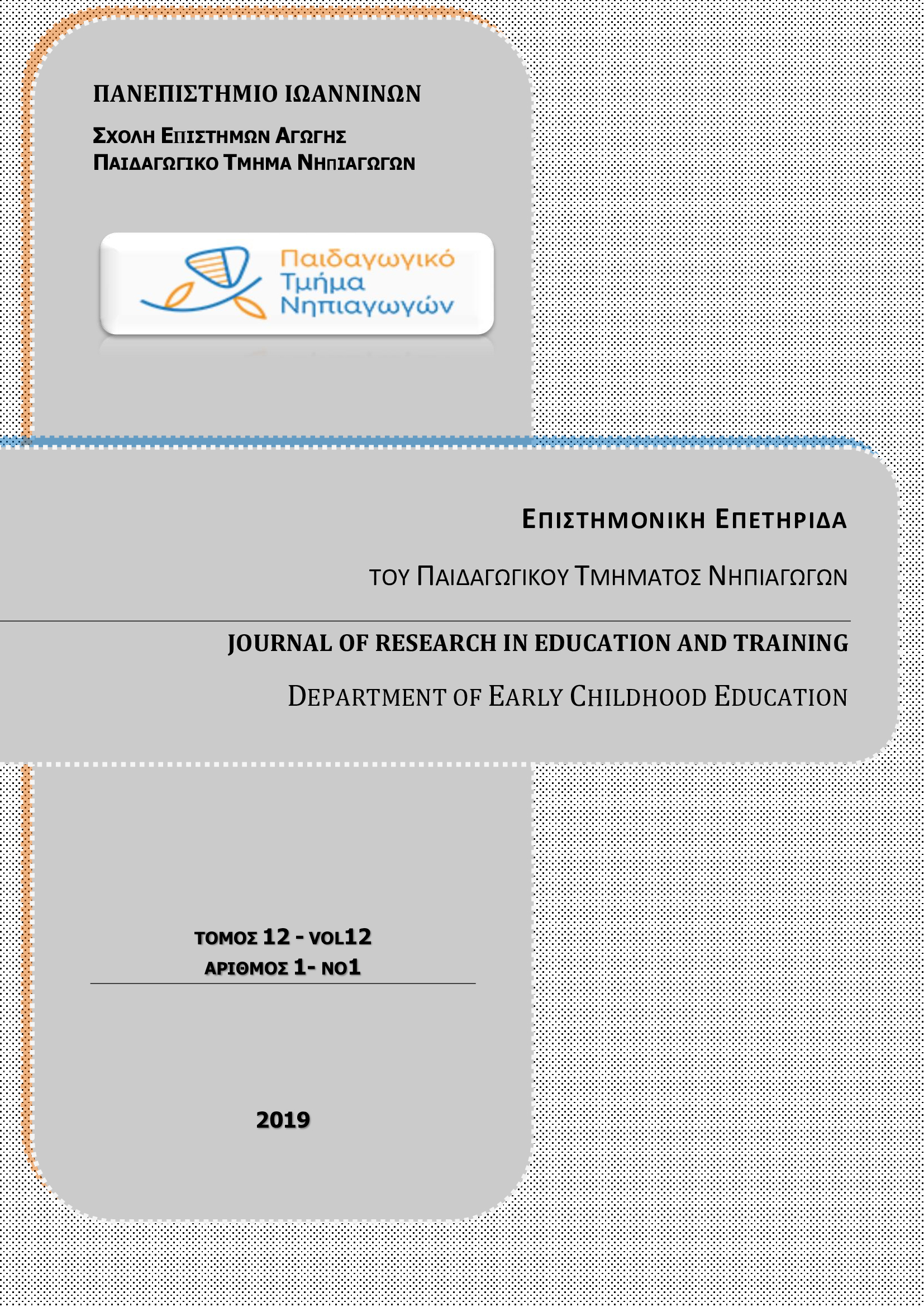Medical tourism in friendly environments for patients with dementia

Abstract
This overview paper investigates a recent field for the development of a new kind of tourism in Greek area. Medical services provided in Greece are of high quality. It is also well known that a remarkable tourist product, satisfying all age groups, is available in Greece. Furthermore, the increase of life expectancy has created a new perspective for tourism aimed at older adults, including medical tourism. The process of aging has a direct relationship with the cognitive decline of older adults and therefore with all the diseases directly related with it. Combining the high quality tourist product offered by our country with the needs of patients with dementia, in this paper, we investigate the creation of tourist products, friendly for people with dementia. Because of their specialized needs, the inclusion of all these activities in dementia friendly communities providing appropriate services and infrastructure is suggested. Since in the international literature there is an extensive reference services that are friendly to patients with dementia, the requirements for building dementia-friendly infrastructure were mostly investigated, with a focus easy orientation and navigation in new and unfamiliar environments (hotels and medical infrastructures). Since the issue of autonomous navigation is crucial both inside and outside of specialized structures (hotels/hospitals) the concept of dementia-friendly cities is also discussed.
Article Details
- How to Cite
-
Antoniadou, E., Iakovou, K. V., & Tsolaki, M. (2019). Medical tourism in friendly environments for patients with dementia. Journal of Research in Education and Training, 12(1), 41–66. https://doi.org/10.12681/jret.17723
- Issue
- Vol. 12 No. 1 (2019)
- Section
- Articles

This work is licensed under a Creative Commons Attribution-NonCommercial-ShareAlike 4.0 International License.
Authors who publish with this journal agree to the following terms:
- Authors retain copyright and grant the journal right of first publication with the work simultaneously licensed under a Creative Commons Attribution Non-Commercial License that allows others to share the work with an acknowledgement of the work's authorship and initial publication in this journal.
- Authors are able to enter into separate, additional contractual arrangements for the non-exclusive distribution of the journal's published version of the work (e.g. post it to an institutional repository or publish it in a book), with an acknowledgement of its initial publication in this journal.
- Authors are permitted and encouraged to post their work online (preferably in institutional repositories or on their website) prior to and during the submission process, as it can lead to productive exchanges, as well as earlier and greater citation of published work (See The Effect of Open Access).


